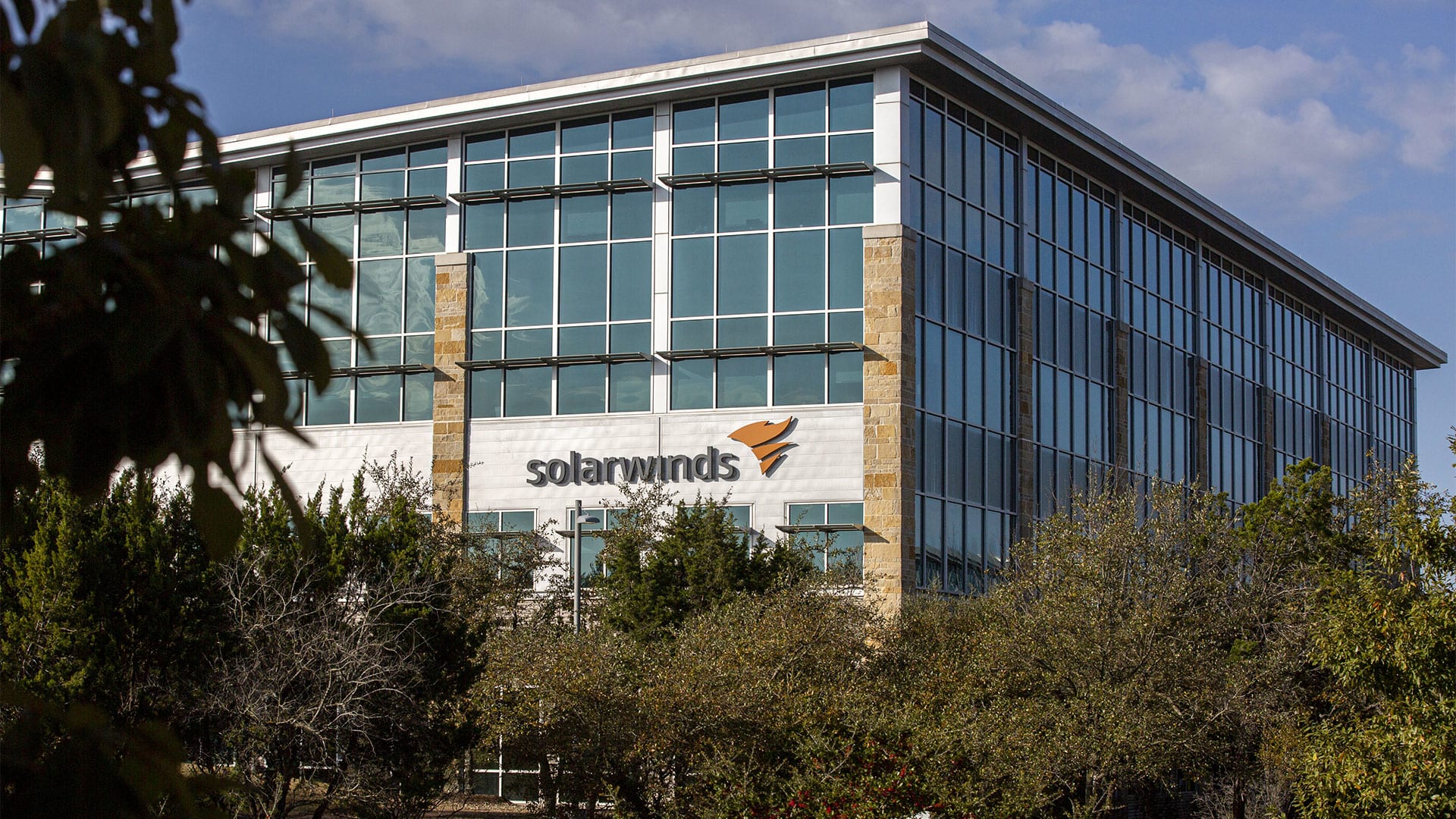The Securities and Exchange Commission fined four companies on Tuesday with misleading investors about the impact the 2020 hack of SolarWinds had on their own systems.
Unisys, Avaya, Check Point, and Mimecast will each pay civil penalties to settle the agency’s charges that they downplayed the impacts of the hack through their respective public disclosures.
“While public companies may become targets of cyberattacks, it is incumbent upon them to not further victimize their shareholders or other members of the investing public by providing misleading disclosures about the cybersecurity incidents they have encountered,” Acting Director of the SEC’s Division of Enforcement Sanjay Wadhwa said in a statement.
In 2020, a Russian backed group planted malware in the SolarWinds system that sent out updates to SolarWinds’s Orion software. When several thousand of the company’s clients installed the update, they also unknowingly installed the malware. It ended up becoming one of the most destructive and costly cyberattacks in history, as NPR put it.
According to the SEC, Unisys, Avaya, and Check Point learned in 2020, and Mimecast learned in 2021, that the actor behind the hack had accessed their systems without authorization. Still, the SEC argued, each minimized the incident in public disclosures. The SEC said that Unisys also described its risk as hypothetical, when it already knew it had been breached twice.
Unisys will pay a $4 million civil penalty. Avaya will pay $1 million, Check Point will pay $995,000, and Mimecast will pay $990,000.
A Check Point spokesperson said: “As mentioned in the SEC’s order, Check Point investigated the SolarWinds incident and did not find evidence that any customer data, code, or other sensitive information was accessed. Nevertheless, Check Point decided that cooperating and settling the dispute with the SEC was in its best interest and allows the company to maintain its focus on helping its customers defend against cyberattacks throughout the world.”
